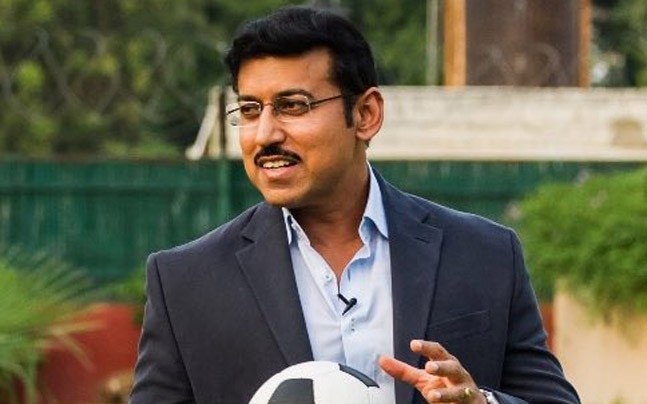It’s only three days since the Youth Olympics 2018 has officially begun, and going by India’s performance, it looks as if we’re destined for our best performance at these Games ever. In the previous two editions, while we yearned to have the glimpse of a medal for days, two of our young stars, Tushar Mane and T. Devi Thaangjam grabbed silver medals on the very first day of the competitions itself.
Interestingly, both of the disciplines where they won medals are genres where we haven’t won a medal ever. Even though shooting is a popular sport in India, we never even claimed a World Championship medal, forget a Youth Olympics one! Yet, T. Devi Thaangjam went all the way up, losing the coveted gold to her Venezuela opponent by a whisker. This speaks volumes of the massive overhaul of Indian sports that is happening right in front of us.
As if this was enough, the 2nd day of competitions gave mammoth glory to India. Not only our rifle shooters created history, with none of them returning empty handed, one youngster went a step ahead to give something not many Indians have the luxury of claiming : the gold medal!
Yes, Jeremy Lalrinnunga, a young weightlifter hailing from Mizoram, created history by winning India’s first ever gold medal at Youth Olympics, lifting a total of 274 kgs to clinch the gold medal in the Men’s 62 kg weightlifting category.
With that, India has won a total of a whopping 1 gold and 3 silver medals in barely 2 days, something unimaginable even by the standards of the Commonwealth Games or the Asian Games. Also, even if for a short time, India has achieved their best ranking of 8th place in an Olympics medal tally, irrespective of the level. Compare that with 58th place in the first ever edition, when we won 6 silver medals and 2 bronze medals. Even if this tally remained constant, India would’ve been ranked way better than 58 in their first edition.
However, no change happens without proper backing and support. In this case too, the players were vociferously backed for a welcome change by the institutions that control Indian sports, especially the Central Government. If one person deserves the lion’s share of applauses for such a revolutionary turnaround, it is surely the man at the helm of affairs: Colonel [retd.] Rajyavardhan Singh Rathore.
While Colonel Rajyavardhan Rathore needs no introduction, his ministry surely does. Our sports ministry has hardly been instrumental in bringing around a radical change in Indian sports. From the time it was established in 1991, most of the Sports Ministers, with the sole exceptions of Uma Bharati and Sarbananda Sonowal [they had very short terms though] cut a sorry figure, the most notorious of them being Mani Shankar Aiyar, who almost destroyed the Indian sports by the time he left the position.
But not Colonel Rajyavardhan Rathore. Effectively the first sportsperson ever to be deputed with the Sports Ministry, the ex Armyman, who himself created history at Athens Olympics by winning India’s first ever medal in shooting, brought effective changes within the Sports Ministry, as noted below:-
- Revolutionizing the radical TOPS scheme, which nurtures sports persons as future Olympic medalists
- Promoting Khelo India, a school level games which would pick young talent right from the beginning
- Supporting top sports administrators only on merit etc.
Besides, Colonel Rajyavardhan Rathore also doesn’t refrain from openly supporting the armed forces, who have time and again supplied India with sportspersons who could win the coveted medals at any major stage. His radical measures brought instant results, with naval cadet Tajinder Pal Singh Toor and young army trainee Jeremy Lalrinnunga shocking the world in becoming the respective champions.
From being a Commonwealth specialist, India is now giving tough competition to even the world’s best at the Asian Games, eclipsing their best ever tally at the Asian Games 1951, and with the Youth Olympics turning out to be awesome, probably the insulting tag of India ‘being a sleeping giant of sports’ will soon be history, and we have only the Indian Army and sports minister Rajyavardhan Rathore to thank for that!
